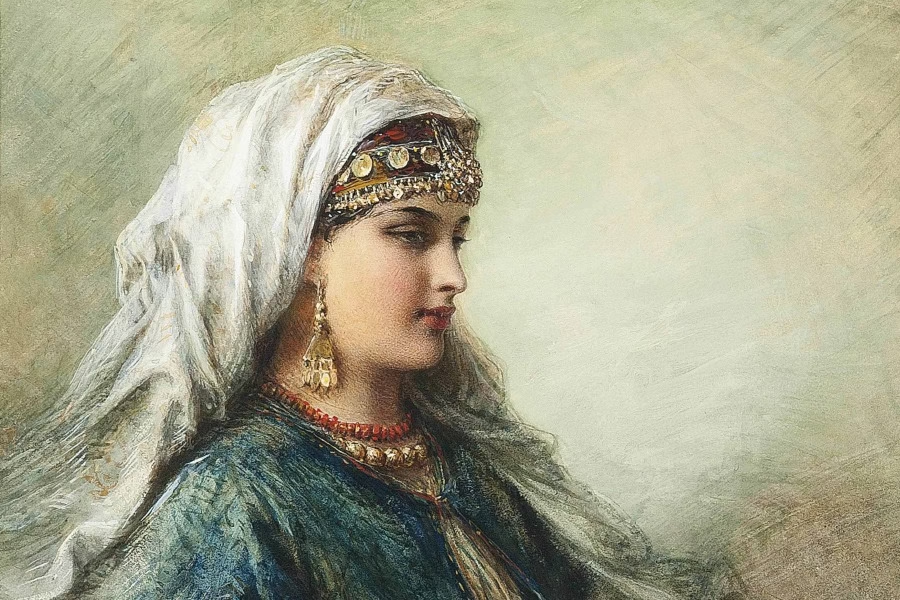Long before Marrakech rose from the red earth, Zaynab al-Nafzawiyah was already building an empire in her mind.
Fez – When it comes to women who shaped the course of Moroccan history, few shine brighter than Zaynab an-Nafzawiyah: the stunning, sharp-witted beauty of Aghmat, who not only married rulers but also ruled through them.
Born between 430 and 440 AH (likely around 464), Zaynab was the daughter of Ishaq al-Hawari, a wealthy merchant with roots in Kairouan.
She grew up in Aghmat, a thriving hub of scholars and poets, and quickly became the talk of the town for her beauty, elegance, and razor-sharp mind.
Everyone knew her name by her early teens, and not just for her looks. She famously refused to marry anyone who didn’t rule Morocco.
Her first marriage was to the local chief of Ourika, Yusuf ibn Ali ibn Abd Arahman.
After his death during tribal conflicts, she married Luqut, a Berber leader of the Banu Ifran. That union, too, ended abruptly when the rising Almoravid forces killed Luqut.
Then came her most fateful marriage: Abu Bakr ibn Umar al-Lamtuni, the ascetic founder of the Almoravid dynasty.
Their union, however, was cut short when Abu Bakr had to leave for the Sahara to quell uprisings.
Read also: Fall of the Republic of Salé: A Tale of Power Struggles, Shifting Alliances
Knowing the harsh desert life would not suit Zaynab, and unwilling to risk her well-being, Abu Bakr divorced her with surprising tenderness, suggesting she marry his cousin and trusted lieutenant, Yusuf ibn Tashfin.
Zaynab agreed. And so began one of the most politically strategic marriages in Moroccan history.
More than a queen, Zaynab was the real strategist behind Yusuf ibn Tashfin’s meteoric rise.
Historians like Ibn Khaldun and Ibn Abi Zar’ praise her as a brilliant mind who “brought good fortune” and had an unparalleled grasp of governance.
When Abu Bakr later returned, expecting to reclaim power, Zaynab convinced Yusuf that loyalty to Morocco’s stability, not old promises, must come first.
She famously argued: “This is not about personal claims; it’s about the good of the Muslim community. Leadership belongs to the one best suited to protect it.”
She didn’t stop there. Zaynab reminded Yusuf that true leadership required more than piety; it demanded strength, vision, and experience, all of which he had proven over eleven long years.
Yusuf consolidated power thanks to her counsel, and the Almoravid dynasty flourished.
Today, Zaynab an-Nafzawiyah stands not just as a queen but as a testament to the unseen yet undeniable influence of women in shaping the destiny of nations.
















